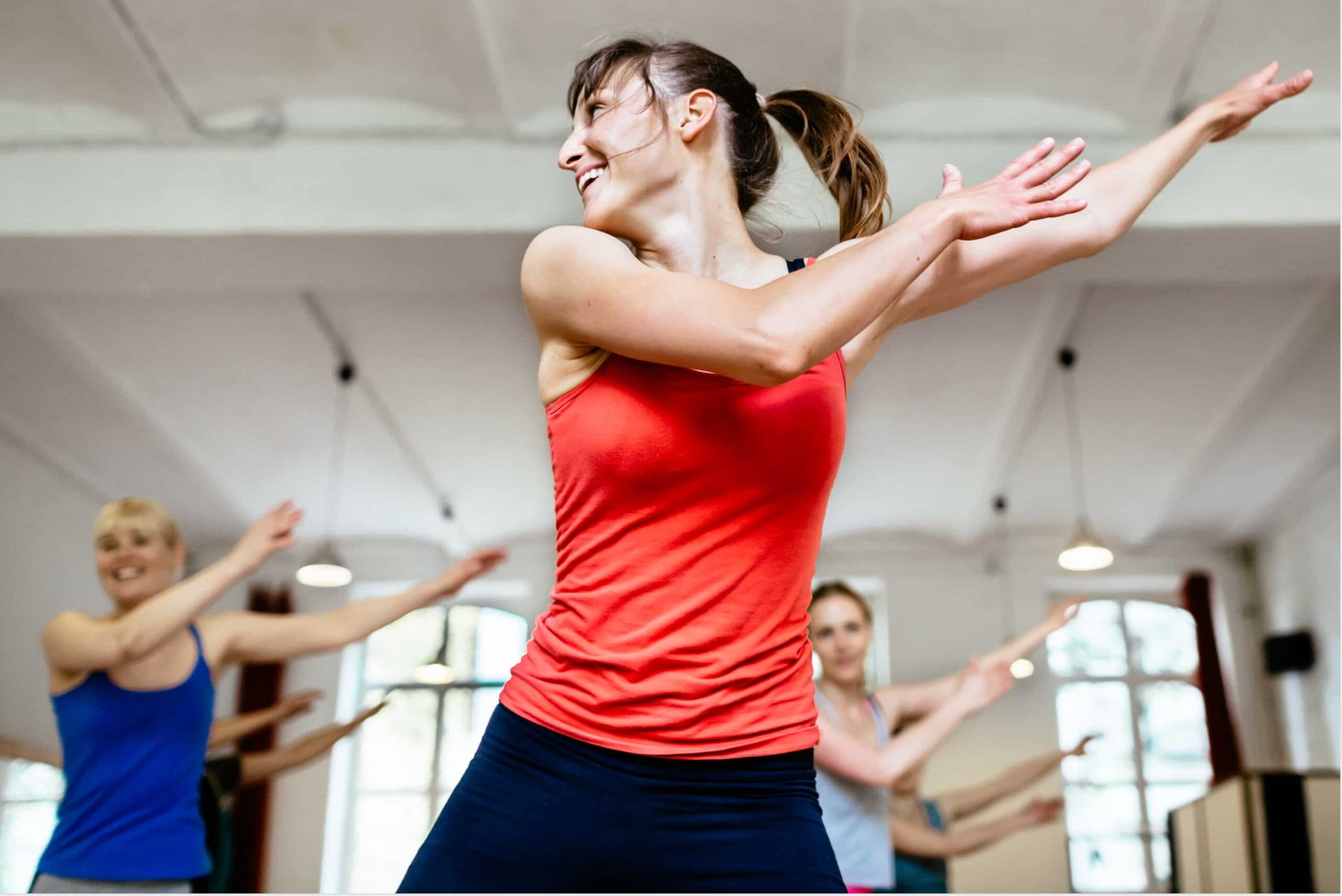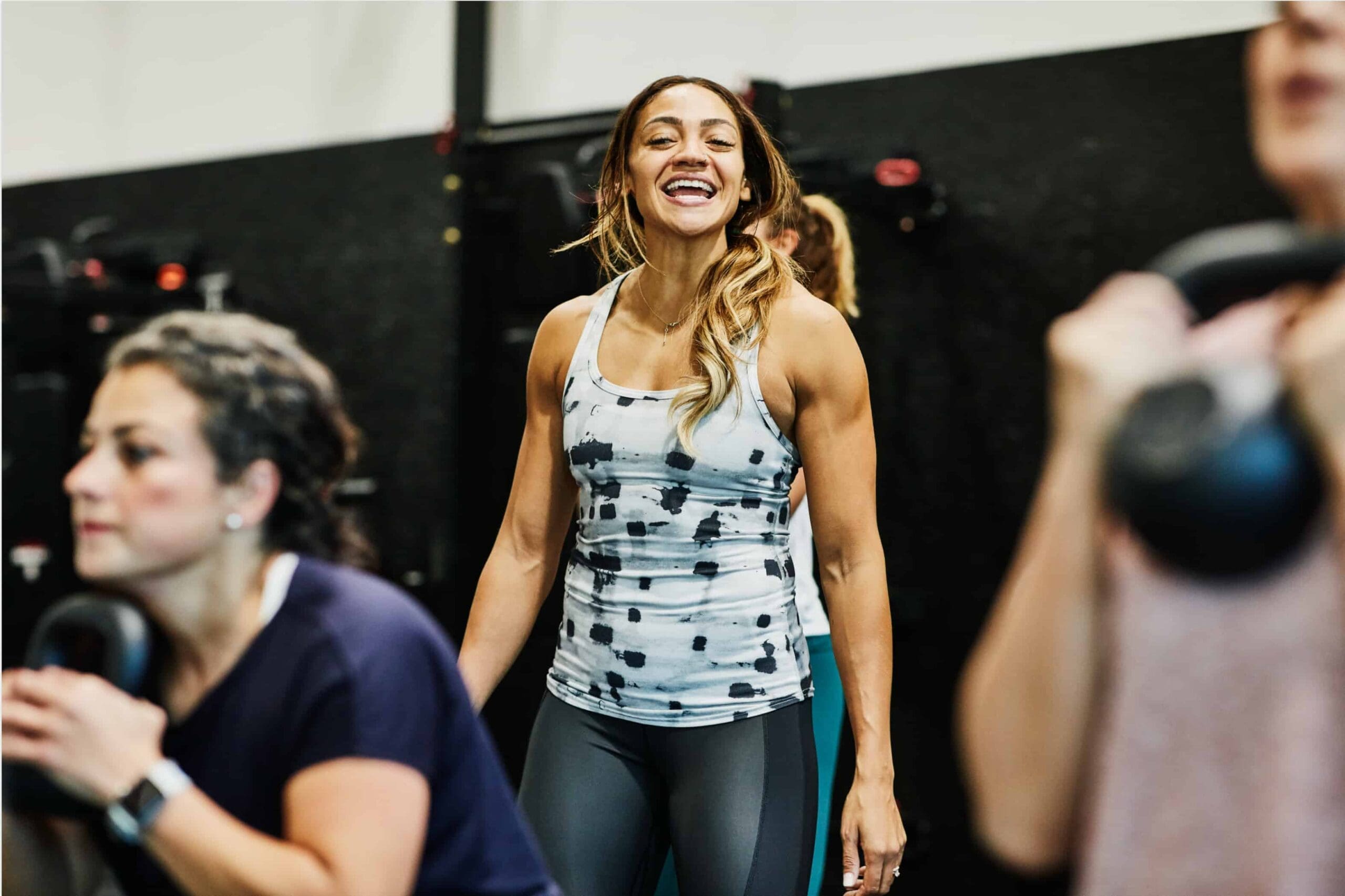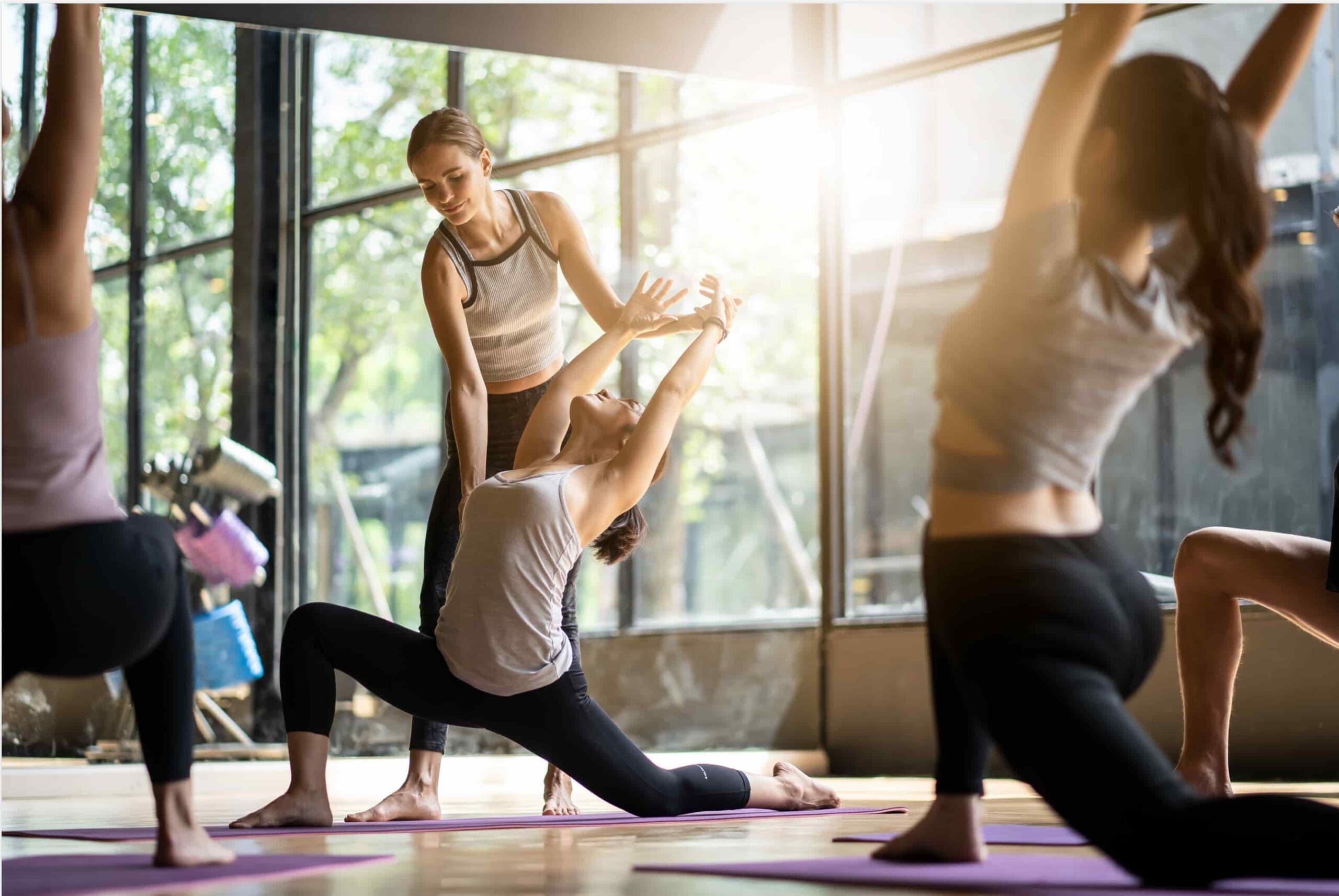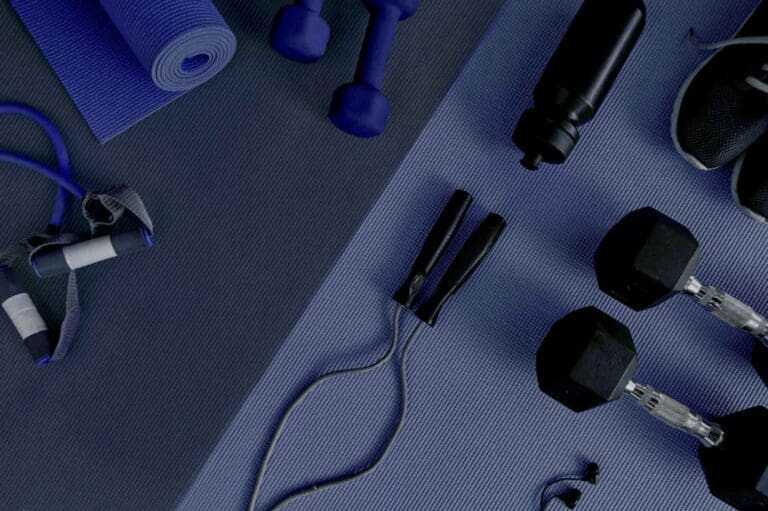Introduction
Hey there, fitness enthusiasts! Are you ready to take your workout game to the next level? If you’re nodding your head (or maybe just thinking about it), you might be considering hiring a personal trainer. But here’s the million-dollar question: how do you choose the right one?
As a personal trainer based in San Mateo and New York City, I’ve seen firsthand how the right fitness guidance can transform lives. Whether you’re a newbie to the gym scene or a seasoned pro looking to shake things up, finding the perfect trainer can make all the difference in reaching your fitness goals.
In this comprehensive guide, we’ll walk you through everything you need to know about selecting a personal trainer who’s the best fit for you. From qualifications to personality, we’ll cover it all. So, grab your water bottle, and let’s dive in!
Understanding Your Fitness Goals
Know Thyself (and Thy Fitness Aspirations)
Before you start your search for a personal trainer, it’s crucial to have a clear understanding of what you want to achieve. Are you looking to shed a few pounds, build muscle, improve your overall health, or train for a specific event? Your goals will play a significant role in determining the type of trainer you need.
Remember: A well-defined goal is like a roadmap – it helps you and your trainer navigate the journey to your fitness destination.
Short-Term vs. Long-Term Goals
Consider both your short-term and long-term objectives. Maybe you want to fit into that dress for your high school reunion in three months (short-term), but you also want to maintain a healthy lifestyle for years to come (long-term). A good personal trainer will help you create a plan that addresses both.
Qualifications and Certifications
The Alphabet Soup of Fitness Certifications
When it comes to personal trainer certifications, it can feel like you’re swimming in alphabet soup. NASM, ACE, ISSA – what do they all mean? Let’s break it down:
- NASM (National Academy of Sports Medicine): Known for its focus on corrective exercise and functional training.
- ACE (American Council on Exercise): Emphasizes a client-centered approach to fitness.
- ISSA (International Sports Sciences Association): Offers a comprehensive approach to fitness and nutrition.
- NSCA (National Strength and Conditioning Association): Focuses on strength training and athletic performance.
These are just a few of the reputable certifying bodies out there. The key is to look for trainers certified by organizations accredited by the National Commission for Certifying Agencies (NCCA).
Beyond the Basics
While certification is important, it’s not the be-all and end-all. Look for trainers who engage in continuing education and stay up-to-date with the latest fitness trends and research.
A study published in the Journal of Strength and Conditioning Research found that personal trainers with higher levels of education and more years of experience were more likely to use evidence-based practices in their training programs (Stacey et al., 2020). As the authors note, “Continuous professional development and higher education in exercise science were associated with greater implementation of scientific principles in exercise prescription.”
This underscores the importance of not just looking at certifications, but also considering a trainer’s ongoing commitment to learning and professional development.
Experience and Specialization
Jack of All Trades or Master of One?
While some trainers are generalists, others specialize in specific areas like weight loss, bodybuilding, or rehabilitation. Consider your goals and any specific health concerns you might have. If you’re recovering from an injury, for instance, you might want to look for a trainer with experience in corrective exercise or physical therapy.
The Power of Specialization
Specialized knowledge can be a game-changer. For example, if you’re training for a marathon, a trainer with experience in endurance sports can provide invaluable insights into training periodization, nutrition for long-distance running, and injury prevention strategies specific to runners.
Pro Tip: Don’t be afraid to ask potential trainers about their areas of expertise and how they’ve helped clients with similar goals to yours.
Training Style and Personality
Finding Your Fitness Soulmate
Let’s face it – you’re going to be spending a lot of time with your trainer, often during challenging workouts. It’s essential that your personalities mesh well. Some people thrive with a drill sergeant-style trainer, while others prefer a more nurturing approach.
The Motivation Factor
A study published in the International Journal of Environmental Research and Public Health explored the impact of different training styles on client motivation and adherence. The researchers found that “trainers who adopted an autonomy-supportive style, encouraging client input and choice, saw higher levels of intrinsic motivation and long-term adherence to exercise programs compared to those using a more controlling style” (Johnson et al., 2021).
This highlights the importance of finding a trainer whose style aligns with what motivates you. During your initial consultation, pay attention to how the trainer communicates and whether their approach resonates with you.
Availability and Scheduling
Making Time for Fitness
Even the world’s best trainer won’t be much help if your schedules don’t align. Consider:
- How often do you want to train?
- What times of day work best for you?
- Do you prefer weekday or weekend sessions?
Make sure your potential trainer can accommodate your schedule before you commit.
Flexibility Matters
Life happens, and sometimes you need to reschedule. Ask about the trainer’s policy on cancellations and rescheduling. A bit of flexibility can go a long way in maintaining a consistent training schedule.
Location, Location, Location
The Convenience Factor
Whether you’re looking for a personal trainer in San Mateo or any other location, convenience matters. Consider:
- Do you prefer training at a gym or at home?
- If at a gym, is it conveniently located?
- Does the trainer offer online sessions for days when you can’t make it in person?
The Home-Field Advantage
Some trainers, like us at Holly Roser Fitness, offer in-home training sessions. This can be a great option if you have a busy schedule or prefer the privacy of your own space.
Cost and Packages
Investing in Your Health
Personal training is an investment in your health and well-being. Costs can vary widely depending on factors like location, trainer experience, and session frequency. Be upfront about your budget and ask about:
- Individual session rates
- Package deals
Value vs. Price
Remember, the cheapest option isn’t always the best value. Consider what you’re getting for your money. A more experienced trainer might charge more but could help you reach your goals faster and more safely.
Food for thought: How much would you pay for a healthier, happier you?
Client Testimonials and References
The Proof is in the Pudding
Don’t be shy about asking for client testimonials or references. A good trainer should be proud to share their success stories. Look for trainers who have helped clients with similar goals to yours.
Beyond the Highlight Reel
While testimonials are great, they’re often the “highlight reel” of a trainer’s career. If possible, ask to speak directly with a current or former client. This can give you a more rounded view of what it’s like to work with the trainer day-to-day.
Trial Sessions and Chemistry Check
Try Before You Buy
Many trainers offer a free or discounted trial session. Take advantage of this! It’s a great opportunity to:
- Experience the trainer’s style firsthand
- Check out the training environment
- Discuss your goals in detail
- See if you have good chemistry
Trust Your Gut
Pay attention to how you feel during and after the trial session. Did you feel motivated? Comfortable? Challenged? Your intuition can be a powerful guide in choosing the right trainer.
Continuing Education and Professional Development
Always Learning
The fitness industry is constantly evolving, with new research and techniques emerging all the time. Look for trainers who are committed to ongoing education.
A recent study in the Journal of Physical Education and Sport emphasized the importance of continuing education for personal trainers. The researchers found that “trainers who regularly engaged in professional development activities were more likely to incorporate evidence-based practices and stay current with industry trends, leading to better outcomes for their clients” (Martinez et al., 2023).
This underscores the value of choosing a trainer who’s not just resting on their laurels but actively working to improve their knowledge and skills.
Communication and Feedback
The Power of Clear Communication
Effective communication is key to a successful trainer-client relationship. Your trainer should be able to:
- Clearly explain exercises and their benefits
- Provide constructive feedback on your form and progress
- Listen to your concerns and adjust the program accordingly
Two-Way Street
Remember, communication goes both ways. Don’t hesitate to speak up if something isn’t working for you or if you have questions about your program.
Nutrition Knowledge
Food for Thought
While personal trainers aren’t typically registered dietitians, a good understanding of nutrition principles is crucial for overall fitness success. Look for trainers who can provide general nutrition advice and know when to refer you to a specialist for more in-depth dietary guidance.
The Nutrition-Exercise Connection
A study published in the Journal of the International Society of Sports Nutrition highlighted the synergistic effect of combined nutrition and exercise interventions. The researchers noted that “participants who received both personalized exercise programming and nutrition guidance showed significantly greater improvements in body composition and performance metrics compared to those who focused on exercise alone” (Thompson et al., 2022).
This research underscores the importance of choosing a trainer who can help you address both the exercise and nutrition aspects of your fitness journey.
Technology and Tools
Tech-Savvy Training
In today’s digital age, many trainers use technology to enhance their services. This might include:
- Apps for workout tracking
- Online platforms for remote coaching
- Dexa Scans or other measuring technologies
Consider whether these tools would be helpful for your fitness journey.
The Human Touch
While technology can be great, it shouldn’t replace the personal attention and hands-on guidance that make personal training valuable. Look for a balance between tech tools and good old-fashioned personal interaction.
Safety First
Prioritizing Your Well-being
A good trainer should always prioritize your safety. This includes:
- Conducting a thorough health screening before starting your program
- Providing proper instruction on form and technique
- Knowing how to modify exercises for your fitness level and any physical limitations
Injury Prevention
Ask potential trainers about their approach to injury prevention. A trainer who emphasizes proper form, gradual progression, and listening to your body is more likely to keep you safe and injury-free.
Wrapping It Up
Choosing the right personal trainer is a big decision, but armed with this guide, you’re well-equipped to make an informed choice. Remember, the perfect trainer for you is out there – it might just take a little time and effort to find them.
At Holly Roser Fitness, we understand that every client is unique, with their own goals, preferences, and challenges. That’s why we offer personalized training programs tailored to your individual needs. Whether you’re in The Bay Area or beyond, we’re here to help you on your fitness journey.
Call to Action
Ready to take the next step in your fitness journey? Don’t wait – the perfect time to start is now! Book your initial consultation with Holly Roser Fitness today. Let’s work together to create a fitness plan that’s as unique as you are. Your future self will thank you!
And remember, choosing a personal trainer is like choosing a dance partner – it might take a few tries to find the right rhythm, but once you do, you’ll be waltzing your way to fitness success in no time!
References:
- Johnson, L., et al. (2021). The Impact of Training Styles on Client Motivation and Exercise Adherence. International Journal of Environmental Research and Public Health, 18(15), 7892.
- Martinez, R., et al. (2023). Continuing Education and Professional Development in Personal Training: Impact on Client Outcomes. Journal of Physical Education and Sport, 23(2), 1023-1031.
- Stacey, D., et al. (2020). Implementation of Evidence-Based Practices Among Personal Trainers: Associations with Education and Experience. Journal of Strength and Conditioning Research, 34(9), 2637-2646.
- Thompson, A., et al. (2022). Synergistic Effects of Combined Nutrition and Exercise Interventions on Body Composition and Performance. Journal of the International Society of Sports Nutrition, 19(1), 1-12.









